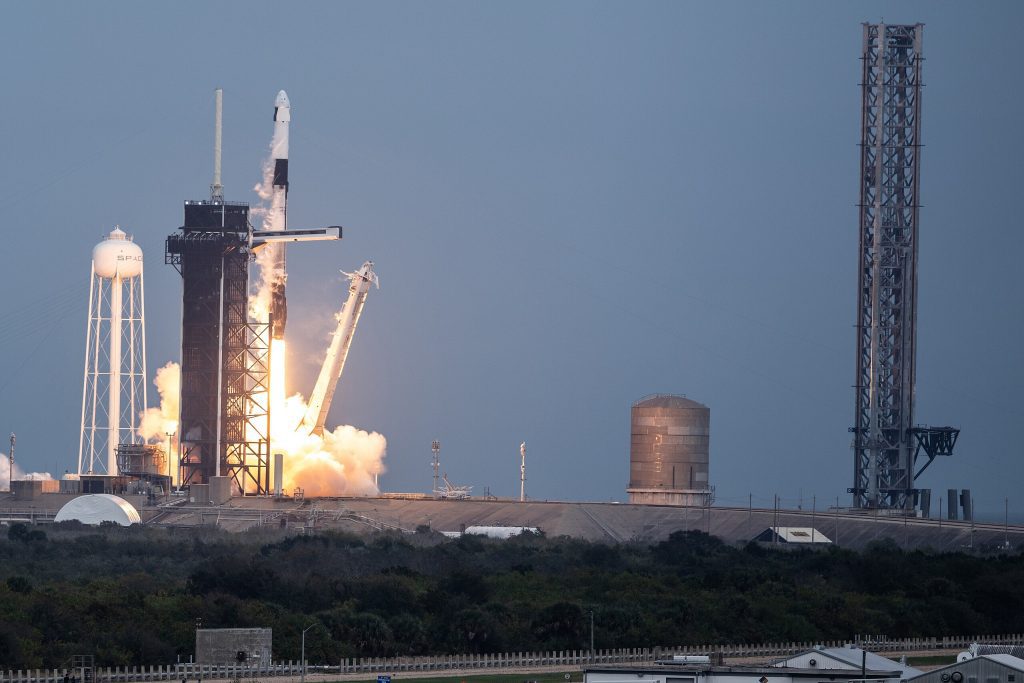A New Frontier in Trade: Beyond the Container Revolution
In the 1960s, the rise of container shipping reshaped the global economy, slashing costs and fueling an era of rapid globalization. Today, nearly 90% of world trade still moves by container.
But another revolution may be on the horizon: orbital logistics, powered by SpaceX’s Starship. While the rocket is often discussed in terms of Mars colonization, its potential to enable ultra-fast Earth-to-Earth transportation could transform the economics of global trade. Imagine New York to Shanghai in 30 minutes, or Los Angeles to Dubai in under an hour.
SpaceX’s Vision: Earth-to-Earth Transport

Elon Musk’s Starship is designed for two overlapping markets:
- Space Cargo – Transporting satellites, exploration hardware, and lunar mission supplies.
- Earth-to-Earth Ultra-Fast Transport – Delivering goods and even people across continents in record time.
Whereas container ships take weeks and air freight takes days, Starship could reduce global transit to mere hours. That shift would make it the fastest logistics channel in history.
Implications for Global Trade
1. High-Value Logistics Disruption
Industries where time equals money—semiconductors, pharmaceuticals, defense—would see massive gains. A month-long shipping cycle for drug samples could shrink to half a day, accelerating R&D and commercialization.
2. Redefining Trade Hubs
Nations capable of hosting orbital transport hubs could become the new centers of global trade, similar to how Dubai and Singapore leveraged aviation and shipping.
3. Clash with Legacy Industries
Shipping giants (Maersk, MSC) and air freight leaders (FedEx, UPS, DHL) may view orbital logistics as existential competition. In the near term, however, costs will ensure that traditional logistics coexist with rocket-based transport.
The Barriers to Reality
Despite its promise, Earth-to-Earth logistics faces steep challenges:
- Cost – Rocket launches remain vastly more expensive than sea or air transport.
- Safety – Risks of rocket explosions raise major concerns for cargo and passengers.
- Regulation – Intercontinental rocket launches overlap with missile technology, making geopolitical approval complex.
Realistically, the first adopters will be niche sectors requiring ultra-fast delivery—like defense, government, and ultra-high-value tech industries.

Investor Perspective: Imagining an “Orbital Logistics ETF”
If SpaceX’s logistics vision materializes, investors should consider:
- Winners: Advanced manufacturing (chips, biotech), defense, luxury goods, trade hub infrastructure.
- Losers: Traditional container shipping, mid-tier ports, certain air cargo operators.
- Adjacent Growth Areas: Rocket materials suppliers, space insurance firms, orbital hub construction.
The Second Great Revolution After the Container
For now, orbital logistics sits at the intersection of ambition and economic feasibility. But history offers perspective: containerized shipping, once criticized as costly and impractical, became the backbone of global trade.
If rockets achieve even part of that trajectory, the future of global trade may not sail across oceans, but launch into orbit.
